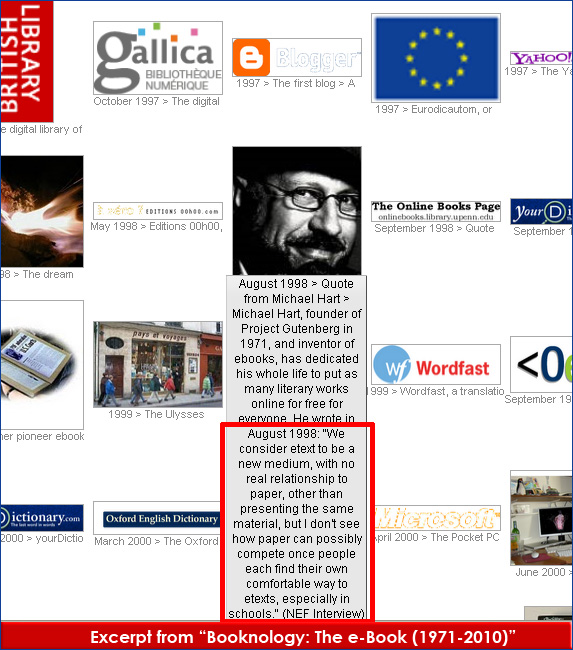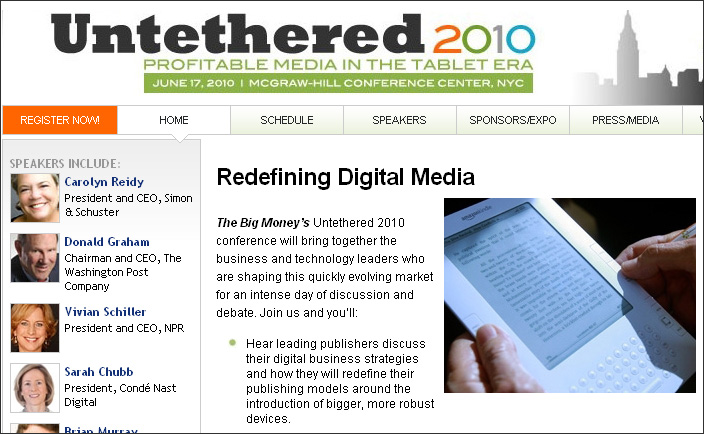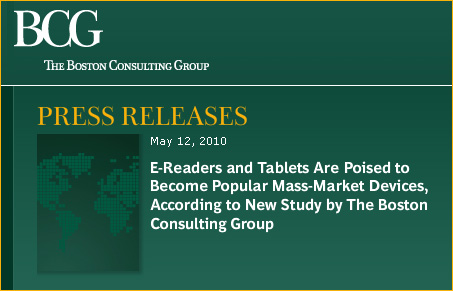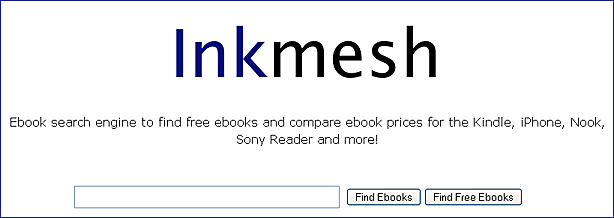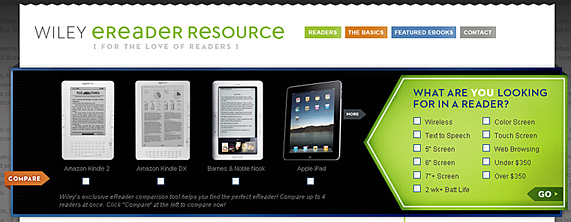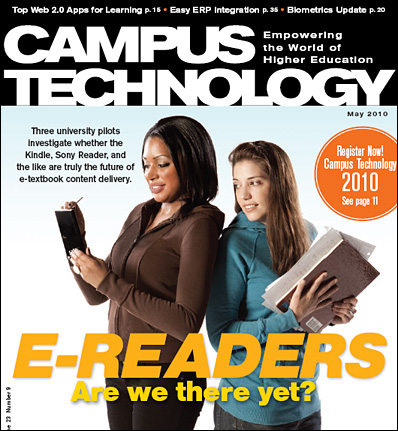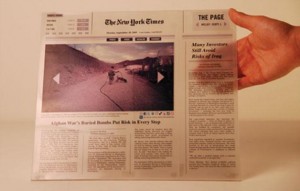Driving home the point on accessibility — InsideHigherEd.com
The U.S. Departments of Education and Justice on Tuesday released an open letter to colleges expressing concern that some institutions might be “using electronic book readers that are not accessible to students who are blind or have low vision” and warning them that the government will crack down on any institutions that are “requiring” disabled students to use emerging technology that does not comply with federal accessibility laws.









